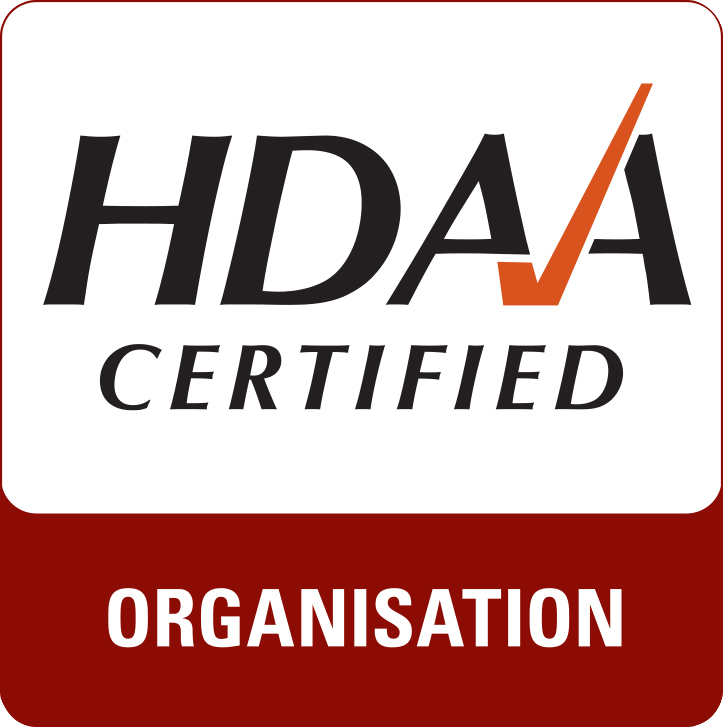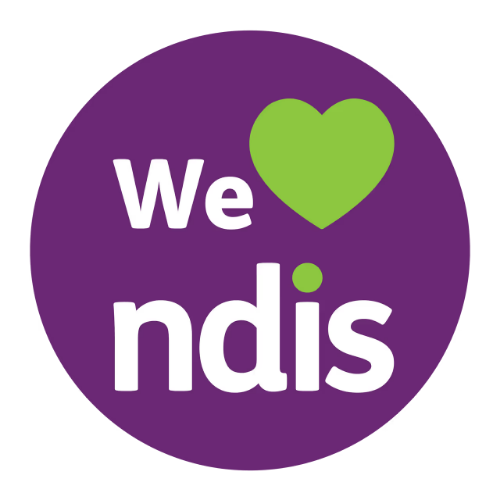As a participant in the National Disability Insurance Scheme (NDIS), you will be allocated a corresponding budget once your plan is approved after all initial assessments are done.
Although your plan will designate specific categories as to where funds can be utilised, you get to choose where, when and how they are spent. It is therefore very important that you align these choices with your needs in order to optimise your budget effectively.
The 3 Ways You Can Manage your NDIS Plan
Before you delve into the question on how to manage your NDIS plan budget effectively, you should know that there are three different ways to manage your NDIS funds:
Self-managed
You manage your own NDIS funding. You have the utmost flexibility and choice to decide which supports to engage to pursue your goals.
You can employ any one you like and negotiate the costs of your supports. Yes, you’re not restricted to only NDIS registered providers, neither do you have to follow the NDIS price guide. You do, however, have to manage all your administration works yourself i.e. paying your providers, keeping records and receipts for audits etc.
Plan-managed
A provider, known as a plan manager, will be there to support you to manage your funding. They will do all the paperwork for you so that you do not have to worry about paying invoices, keeping track of your records or worry that you run out of your funds unexpectedly.
Similarly, you are not restricted to using only NDIS registered providers but if you are to choose a provider that charges above the NDIS price guide, you will need to pay the differences yourself because plan managers have to stick to the price guide.
NDIA-managed
You let the NDIA takes charge of your NDIS funding. They focus solely on the administrative side of things i.e. they handle all financial administration of your plan but you can only use service providers that are registered with the NDIA.
One is not better than the other as it all depends on your own personality. Are you organised and disciplined or are you a free-spirit who doesn’t really excel in keeping track of things? All these point towards the type of fund management that you should choose and really, that is the key to managing your NDIS plan budget effectively.
Your choice will affect things like the kind of service providers you get to access, how much support you receive with administration work, the type of extra tools and resources you’ll have access to, and more. Know that you have the option to combine all three options, too.
Regardless of the method you chose, it is important to have a clear strategy in place to ensure you make the most out of your funding. Here are some tips for you:
How Do You Maximise Your NDIS Funding?
1. Fully Understand Your NDIS Plan
The first step is to understand your NDIS plan fully – what are the support categories you are eligible for, how much funding has been allocated to you and the timeframe you get to utilise your fundings.
Briefly speaking, you can spend your funding on Core Supports i.e. your daily living activities, Capital (that is, investment like equipment, technologies or modifications) and Capacity Building (this is for building independence and skills).
As long as it is “reasonable and necessary” to help you pursue your goals, you will be able to allocate your funding onto it. Spend some time reviewing your plan to familiarise yourself with each support category so that you can prioritise the allocation of your funding across them.
2. Know Your Goals Well
Next is to set your goals. This is an essential step as it helps you identify what you want to achieve and thereby giving you a clear sight of how to use your NDIS budget to get there.
If you’re self-managing, it is very important that you allocate your funds accordingly to make sure they properly align with the goals you have set. You want to maximise your budget by making use of all the funds on activities, services and supports that contribute to your pursuit of your goals.
To do that, you have to know your goals very well and do not get side-tracked by anything. It cannot be any more frustrating than having excess funds in some categories, then having too little to spend on other areas. That is a sign that you have managed your NDIS budget poorly.
Having an experienced professional like a Plan Manager will be helpful in this area as they can take on the burden of budgeting and price negotiation on your behalf. This way, you can have an optimal plan management in place for you to maximise your NDIS budget.
3. Keep Track of Your Spending
As with any funding, it is not limitless. Keeping track of your spending is therefore crucial to ensure that you are staying within your funding limits and do not go overboard. There are various apps and trackers available that can automate the tracking process between your NDIS spending and budget management.
Keep all your receipts and invoices and check your budget regularly. It is very important that you do so especially when you’re self-managing your funds because you will need these paper works to claim your invoices on the NDIS portal, as well as for any audits.
4. Choose the Right Service Providers and Build Ongoing Communication with Them
Choosing the right providers will ensure you get high-quality support that meets your needs. You don’t want mediocre ones that don’t align with your goals, thereby wasting your funds. Make sure you consider their experience, qualifications and reputation when choosing your providers. Do your research well and ask for references if needed.
Once you have chosen your service providers, it is important that you build effective communication patterns with each of them so that you have a clear understanding on the services you receive. Regularly monitor their performance and revisit your budget if you think their services are not genuinely supporting you.
Conclusion
Making the right choices can mean a world of difference in terms of getting the care and support you need or missing out on essential services.
Manage your budget well and you’ll be able to make the most out of it. Do remember that any budget needs to stand up to life’s flexibilities, so do not hesitate to adjust your budget and tracking accordingly if your NDIS needs change over time.






